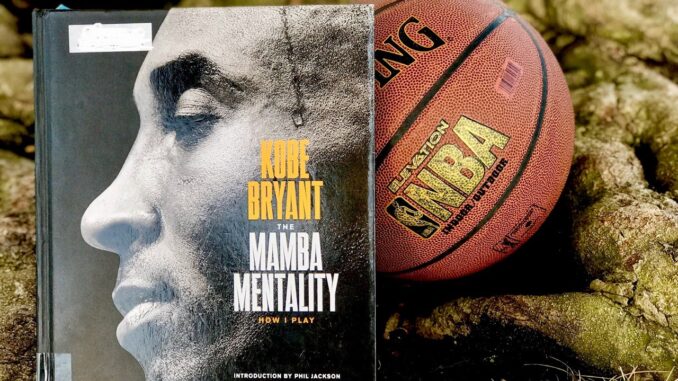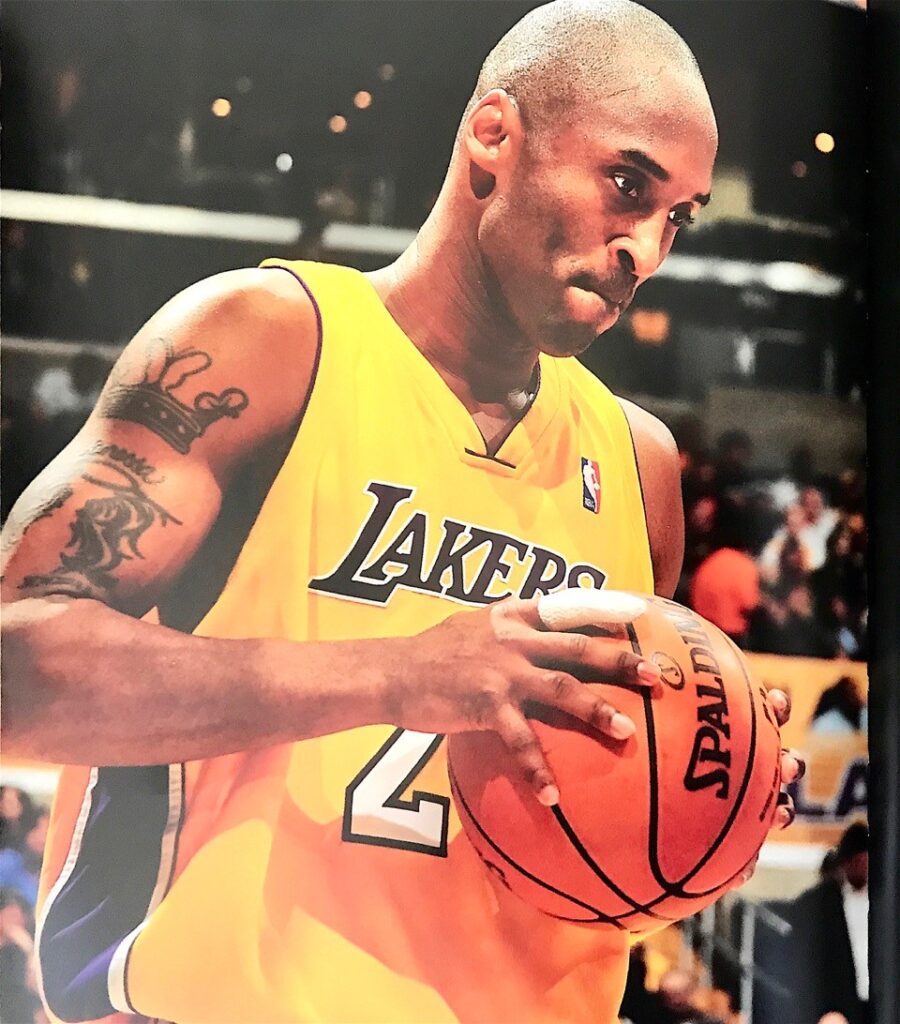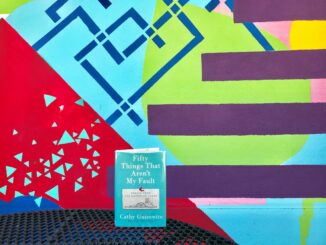
“If you really want to be great at something, you have to truly care about it….you have to obsess over it.”
From a young age, Kobe wanted to play in the NBA. “I was curious. I wanted to improve, learn, and fill my head with the history of the game.”
He read books, studied films, and asked mentors for advice. He relentlessly trained his mind and body for the game.
“A lot of people say they want to be great, but they’re not willing to make the sacrifices necessary to achieve greatness.”
Kobe spent his childhood in basketball. His dad, Joe “Jellybean” Bryant, and uncle, John Arthur “Chubby” Cox, were NBA players. When he lived in Italy, he asked his uncle to send him NBA games on videotapes so he could study them. In the summers, he went to the US to play basketball.
In high school, Kobe returned to his US birth state Pennsylvania and lead his team to four consecutive championships. Though he was wooed by various colleges, he wanted to go directly to the NBA.

Herculean effort
“Nothing beats getting drafted. That was the beginning of it all,” said Kobe, when asked about his favorite NBA moment.
“Kobe came into the NBA with a desire and talent to become one of the greatest players of all time. He achieved that goal through dedication and perseverance,” writes coach Phil Jackson (Mamba Mentality, 2018).
Kobe wasted no time. As a teen in the NBA, he wakes up 3 am for a 5-7 am workout, then he rests four hours. He naps in his car before anyone arrives for practice. He repeats this workout two more times until the end of the day. He does this year-round, even off-season.
“By starting earlier, I set myself up for an extra workout each day.”
“At the same time, starting early helped me balance basketball and life. When my kids woke up in the morning I was there, and they wouldn’t even know I had just finished at the gym. At night, I’d be able to put them to bed, then go work out again during my own time, not theirs.”
To build power, the teenage Kobe lifted weights four times a week until he was numb with fatigue. “I would lift for 90 minutes on Monday, Tuesday, Thursday, and Friday….I mean heavy, hard, can’t-feel-your-arms type of lift. After that, I would go into the gym and shoot.”
He shuns fancy workouts and concentrated on his legs, lungs, and recovery between sprints. He worked his body so hard that he regularly took 15 minute naps to recharge.
“I always listened to my body. That’s the best advice I can give you: listen to your body, and warm up with purpose.”
Kobe suffered multiple injuries throughout his long career, but he pushed past pain and problems to get back in the game and win. Once, Kobe scored 40 points in six straight nights that his knee swelled like a melon. Next day, he wore a brace, scored 40 points in 40 minutes, and won.
“You have to give everything to the game, to your team. That’s what it takes to win. That’s what it takes to be great.”
The Mamba Mind
“I always tried to train and prepare intelligently.”
To be the best, Kobe was hungry to master basketball. “By reading, by paying attention in class and in practice, I strengthened my focus.”
He read even while soaking in an ice or hot bath. “I’d use the quiet break to catch up on reading, always studying to improve my game.”
From a very young age, Kobe watched films voraciously. As a player, he analyzed games and players and later formulated alternatives to plays.
He believed in fundamentals. “A lot of players don’t understand the game or the importance of footwork, spacing. It’s to the point where if you know the basics, you have an advantage on the minority of players.”
“I built my game to have no holes.”
Kobe has the third highest all-time points because he always takes the shot. “I wasn’t scared of missing, looking bad, or being embarrassed.”
Kobe even read the referee’s handbook so he knew the dead zones, where referees can’t see, and took advantage of them. “I would get away with holds, travels, and all sorts of minor violations simply because I took the time to understand the officials’ limitations.”
Kobe was eager to learn from the best. He asked a lot of questions and sought advice. “Just as important as reading was cultivating relationships with the greats who’d come before me.”
He often talked to basketball legends like Jerry West, Magic Johnson, Kareem Abdul-Jabbar, Muhammad Ali, Bill Russell, Byron Scott, LeBron James, D Wade, and coaches Phil Jackson, Tex Winter, Mike Krzyzewski.
Kobe was always learning and tweaking his game. He studied his opponents and adapted his plays so he can defeat them. “What separates great players from all-time great players is their ability to self-assess, diagnose weaknesses, and turn those flaws into strengths.”
This youngest NBA Slam Dunk winner and playoff scorer won 2 Olympic gold medals, 2 MVP awards, and 5 championships. Yet the loyal Kobe stayed with the same team for 20 years—the longest tenure of a guard with one team in NBA history. He is beat by Dirk Nowitzki with 21 years.
Personal versus professional
“There’s a fine balance between obsessing about your craft and being there for your family.”
Kobe values relationships. He is a dedicated father to four girls, but it wasn’t easy. He had to endure a lot of time away from home for games and travel. He likely missed many family milestones and celebrations.
Kobe established good relationships with referees and pays tribute to his faithful team, Judy Seto (physical therapist) and Gary Vitti (tape master). He credits his success to his understanding family, reliable support staff, coaches, and teammates.
“People don’t always understand just how much effort from how many people goes into one person chasing a dream to be great.”
He married his wife Vanessa young, while he was a hotshot rising star. Marriage by itself is already complicated, but theirs came with the paparazzi, fame, wealth, public scrutiny, and pressure to perform.
“Greatness isn’t easy to achieve. It requires a lot of time, a lot of sacrifices. It requires a lot of tough choices. It requires your loved ones to sacrifice, too, so you have to have an understanding circle of family and friends.”
But this is what Kobe wanted and he knew the price.
“It takes a lot of work to be successful, and people will celebrate that success, will celebrate the flash and hype. Behind that hype, though, is dedication, focus, and seriousness—all of which outsiders will never see.”
—— You can follow me on FB & Instagram @IvyDigest



